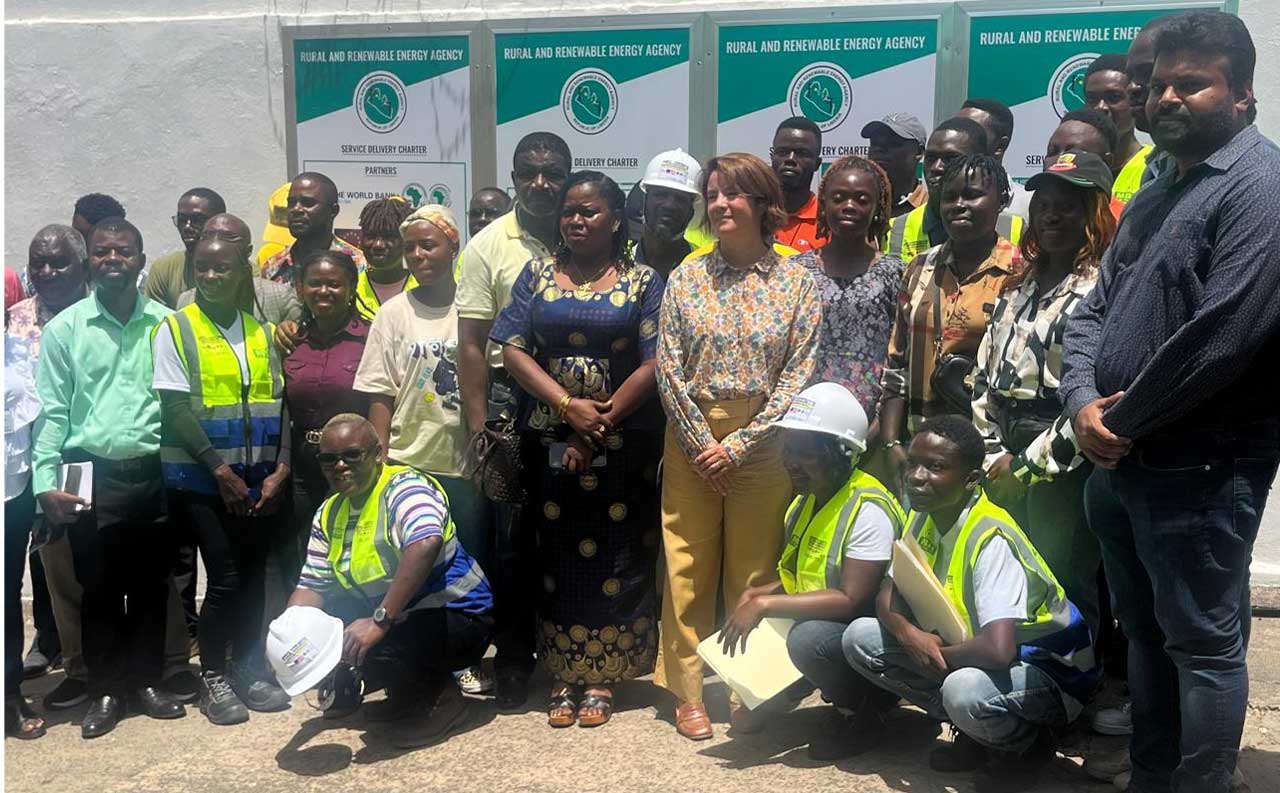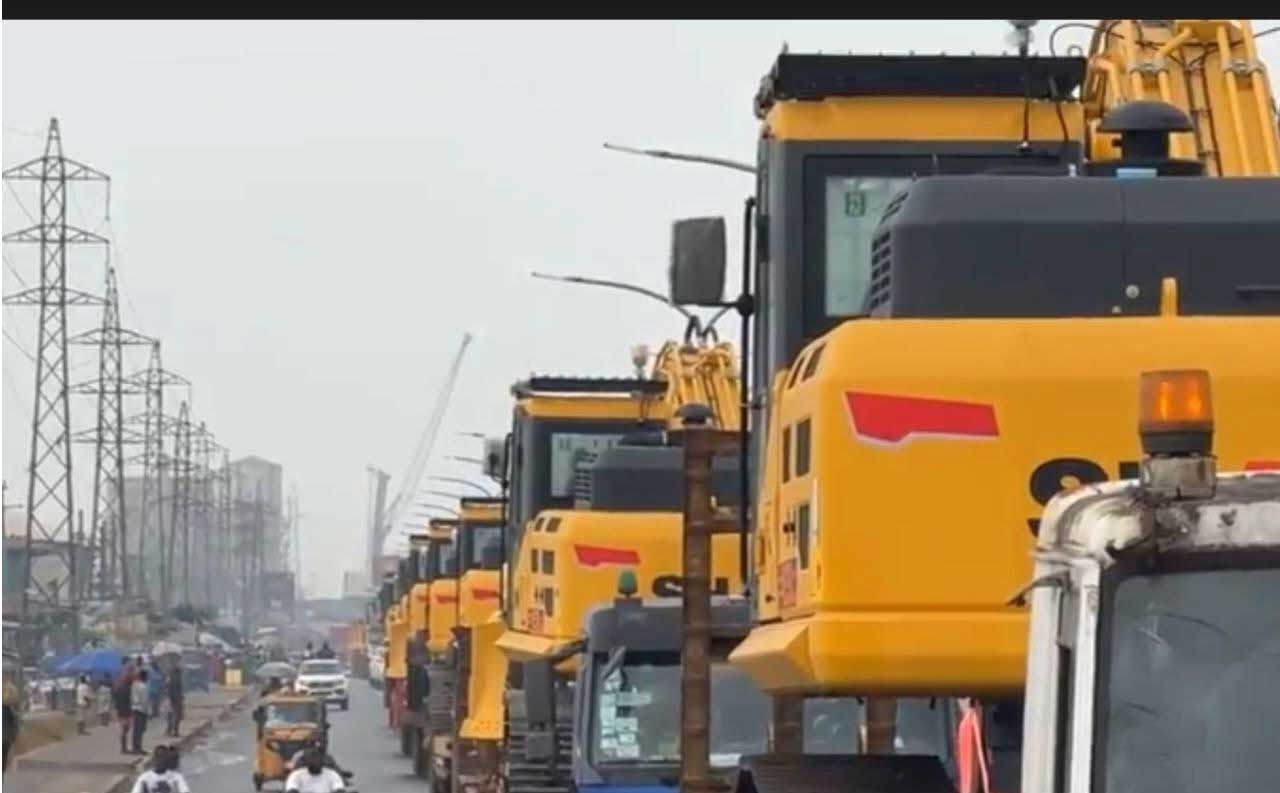On the occasion of EU Day 2025, Liberia celebrates transformative progress in rural electrification and workforce development, made possible through the unwavering support of the European Union.
Under fully grant-funded EU programs, thousands of homes in underserved counties are being earmarked powered for the first time, ushering in economic opportunity, education, and safety.
A May 9, 2025 release noted that during a ceremony in Monrovia commemorating both EU Day and the onboarding of 24 engineering interns under the Light Up South-East (LUSE) Internship Program, stakeholders from government of Liberia, academia, various contractor implementing the LUSE Project and the private sector gathered to reflect on past milestones and look ahead to a brighter, more electrified future.
“This is not just about lighting homes; it’s about lighting minds,” said Redeemer J. Wonsiah, Project Manager at the Rural and Renewable Energy Agency (RREA). Students from Grand Bassa University and William V.S. Tubman University are now gaining critical real-world experience through field-based energy engineering internships.
The EU’s investment through the LUSE Project is valued at €42 million, disbursed entirely as non-repayable grant funding. This support compliments additional financing from the World Bank and African Development Bank, whose contributions combine loans and grants.
Powering Liberia’s Southeast
The impact of the LUSE Project is tangible. More than 6,000 households across and 200 LED street lights in Sinoe, more than 7,000 inhabitants of Baclayvile in Grand Kru are to benefit from a Solar PV Plant mini grid network and over 12,000 customers to be connected as well as the installation of 825 street lights in Buchanan City, Grand Bassa county are expectedly scheduled to be connected through a hybrid system of solar mini-grids backed by diesel generators and a mini Hydro Power Plant.
“The entire city of Buchanan is set to benefit under this initiative,” Wonsiah added, noting that one of five substations under the Côte d’Ivoire–Liberia–Guinea (CLSG) initiative is located in the area.
In Nimba County, electrification efforts have reached 99% coverage, extending through the corridor into Bong County with support from the African Development Bank while the World Bank is supporting electricity activities in Lofa County.
Building Human Capital in a Male-Dominated Field, the 2025 internship cycle marks a milestone in gender inclusion, with 37% female representation in a field historically dominated by men in Liberia. “This is not the first batch of interns,” said Monny Sogbie, Project Manager at the National Authorizing Office (NAO) for the EU. “Many from earlier cycles now own companies or work with institutions like LEC. You have an opportunity to follow that path—show professionalism and respect for your craft.” Contractors such as MBH Power Limited welcomed the interns, emphasizing the real-world skills and mentorship they will gain during their placements.
A Legacy
According to Counsellor Martus K. Williams, the Deputy National Authorizing Officer (DNAO), also of the NAO, “This is the final project cycle under the EU Development Fund. Liberia will soon rely on you, our local engineers, to take the lead. Be diligent, creative, and ready.” “Some of your predecessors have become entrepreneurs,” she said. “Take this chance seriously, it is the beginning of your legacy.” EU Ambassador Nona Deprez, reflecting on the 75th anniversary of the Schuman Declaration, noted the project’s historical symbolism: “When the coal and steel of Europe were unified in peace, conflict ended. Now, through energy, Liberia too is finding new unity and growth.”



